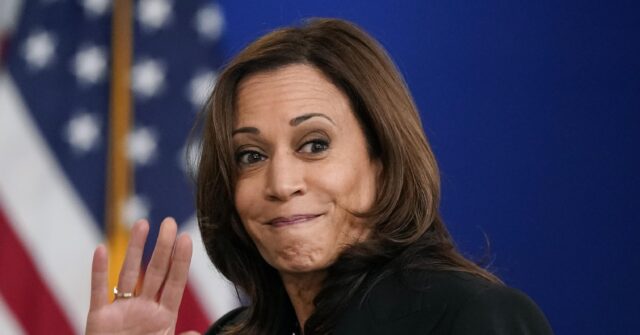Vice President Kamala Harris’s hesitance to comment on Proposition 36, an anti-crime referendum in California, has raised eyebrows about her leadership approach and priorities, should she assume the presidency. The proposition aims to amend the controversial Proposition 2014, which has been linked to escalating retail crime in California. This reluctance to take a stance is significant, particularly given Harris’s previous role as California’s Attorney General, during which she oversaw Proposition 2014’s enactment. The tough-on-crime narrative has shifted significantly in California, and Harris’s silence may suggest a willingness to prioritize party allegiance over appropriate responses to public safety challenges.
The backdrop of this political maneuvering includes the widespread dissatisfaction with past criminal justice reforms. Propositions 2014 and 57, both of which Harris endorsed in some capacity, have faced severe criticism for allegedly weakening the penal system. Proposition 2014 reduced many felonies to misdemeanors, and Proposition 57, which allowed early releases for non-violent offenders, controversially categorized some violent crimes as non-violent. These legislative changes have contributed to rising crime rates and have sparked a backlash among voters who are now calling for stricter law enforcement measures.
Democrats, including California Governor Gavin Newsom, have struggled to defend these reforms as public sentiment has shifted towards wanting more robust crime policies. With Proposition 36 gaining traction among voters, boasting support from 73% of those polled, Newsom opted to avoid campaigning against it. This situation presents a political dilemma for Harris, who could benefit from aligning herself with a growing movement that advocates for a reevaluation of recent justice reform initiatives. Being out of touch with her own state’s voters could jeopardize her appeal nationally, especially if she pursues a presidential bid.
Support from influential figures, such as George Soros, complicates the landscape for Democrats like Harris. Gascón, the Los Angeles County District Attorney endorsed by Harris, is facing potential defeat amid voter discontent with progressive crime policies. This trend signals a broader desire among constituents for stronger law enforcement rather than continued leniency. As Soros’s influence persists in shaping Democratic approaches to criminal justice, his recent insistence on rallying behind President Joe Biden and subsequently Kamala Harris highlights the ongoing power struggle within the party regarding its direction on these critical issues.
In the face of these dynamics, Harris has maintained her non-committal stance on Proposition 36. Her campaign has claimed a lack of time to adequately study the proposition, employing delays as a tactic to avoid alienating either the progressive wing of the party or centrist voters yearning for a recalibrated approach to crime. This indecisiveness reveals a larger trend of political maneuvering that can prioritize party loyalty over clear guidance on pressing social issues.
Ultimately, Harris’s reluctance to address Proposition 36 is emblematic of a broader challenge within the Democratic Party, revealing tensions between grassroots demands for safety and an entrenched ideological commitment to criminal justice reform. As the election nears, her inaction may provide insight into how she would govern as president, potentially favoring political expediency over strong leadership. Voters might respond to this ambiguity by questioning her ability to adapt to changing public sentiments, ultimately impacting her political future and the trajectory of the Democratic Party amid changing perceptions about crime and public safety.

